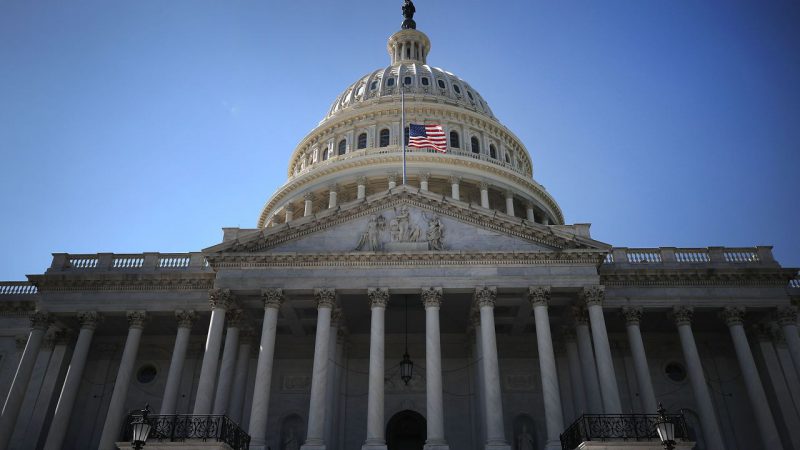US Congressman Ro Khanna of California has proposed a ban on stock trading that takes place in Congress. Specifically, Khanna introduced a plan that would ban both Congress members and their spouses from trading stocks.
Moreover, the proposed five-point plan would also implement a 12-year term limit for congressional members. Additionally, Khanna proposed limitations on congressional campaign donations. Specifically, through the banning of PAC and lobbyist donations, as part of the robust proposal.
Also Read: Senators Introduce Bill to Ban Congress From Owning Stocks
US Congressman Proposes Plan to Ban Congress Stock Trading
In what is certainly an interesting development, US Congressman Ro Khanna has introduced a proposed ban on stock trading in Congress. Specifically, the Republican California representative put forth his five-point plan today, announcing a bevy of bans on congressional activity.
Firstly, Khanna’s plan would “ban all PAC and lobbyist money from congressional campaigns.” The congressman then introduced the plan’s all-out ban on stock trading, following similar calls from representatives earlier this year. Subsequently, it presents a potential point of agreement for both sides of American politics.


Also Read: US Congressman Introduces Bill to Ban FED Creating a CBDC
Specifically, two US representatives, Alexandria Ocasio-Cortez and Matt Gaetz, introduced a bipartisan bill in May. Legislation H.R. 3003 would prohibit congressional members and their spouses from stock trading. Subsequently, this represents a rare point of agreement for representatives on both sides of the political realm.
Alternatively, Khanna’s plan seeks to introduce term limits for congressional members. Earlier this year, Senator Ted Cruz introduced a constitutional amendment that would impose congressional term limits. That amendment would introduce two two-year terms for senators and three two-year terms for members of the House of Representatives. Khanna’s plan would introduce both a term limit and an ethics code for Supreme Court justices.





